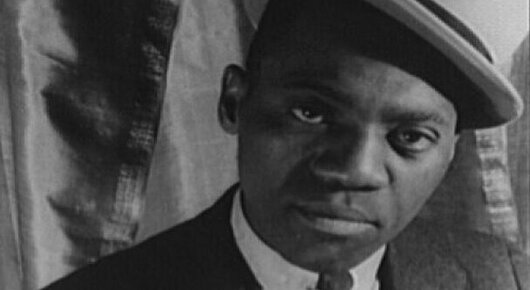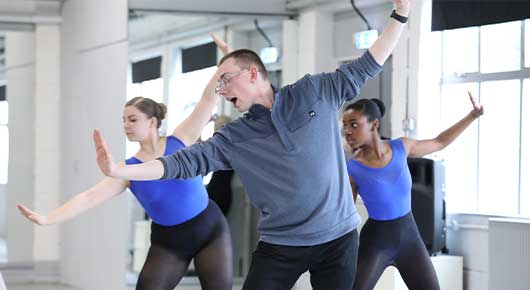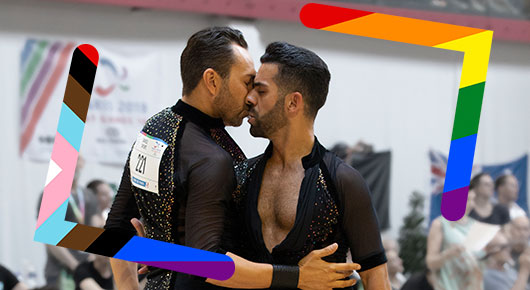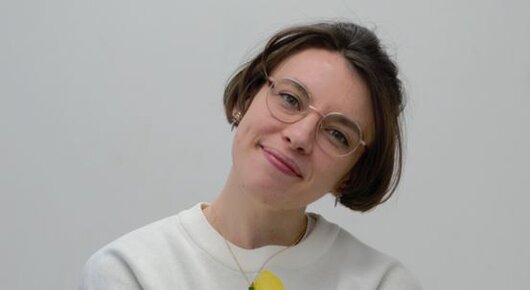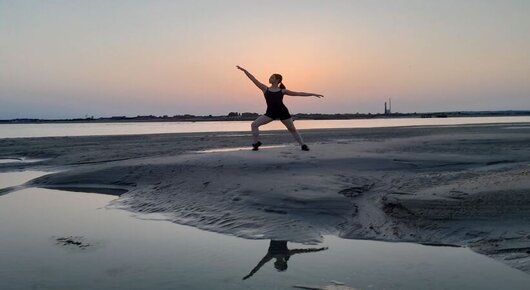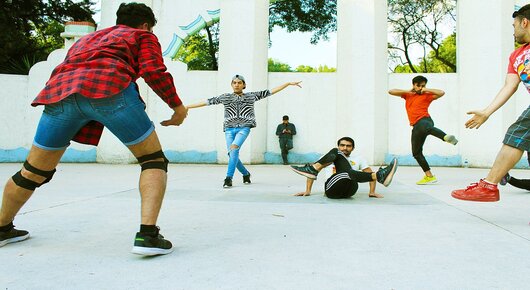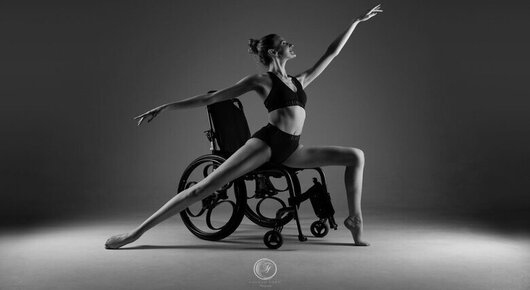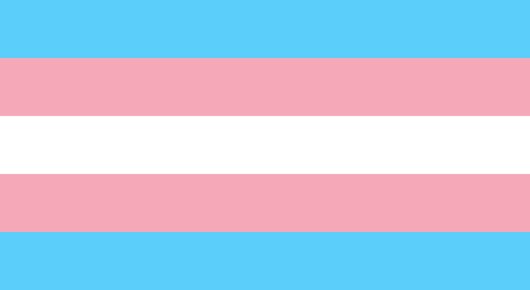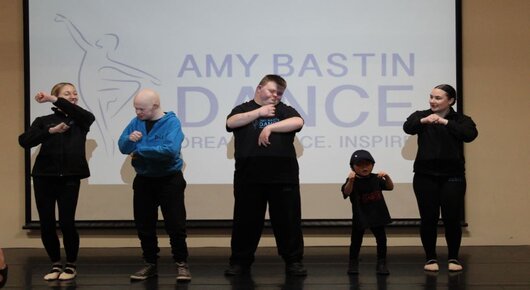1 October 2020
Our charitable mission is to educate the public in the art of dancing, in all its forms. Like all dance teachers, we have seen first-hand the transformational power of dance – its ability to unlock a child’s creative, expressive potential; to provide opportunities for embodied learning and to transcend social and cultural divides. At the Society we all share a passion for teaching dance, yet we must acknowledge that our organisation is neither representatively diverse nor inclusive. Without providing sustained opportunity to access dance classes for all, we can’t achieve our charitable purpose, so we are fully committed to promoting and achieving equity, diversity, and inclusion (EDI) across all levels of the Society.
We have been keenly listening to, and learning from, the frustrations expressed through the Black Lives Matter movement ever since the horrific death of George Floyd sparked international outrage.
During this period we have taken time to reflect and listen and begin the process of consulting with dancers, teachers and staff who have experienced racial discrimination to better understand the barriers to accessing the Society. These conversations have brought into sharp relief deep-seated inequalities. We acknowledge that the Society has not done enough historically to address these and are committed to focused and sustained action to redress systemic barriers to access a dance education across our organisation.
Our first step has been to create a steering group, comprising Trustees, Staff and Members, to understand a range of perspectives and formulate a plan of action. We are now committed to the following immediate steps:
- Undertaking an internal review: Providing anti-racist and unconscious bias training for our Staff, Examiners and Members; reviewing policies and procedures to identify barriers and embed equity practices throughout the Society; and gathering data about who works with us and who accesses our services so that we can set meaningful targets to increase the number of students, teachers and Examiners from the African and Caribbean heritage.
- Reviewing our syllabus to ensure that requirements for uniform and use of gender terms are fully inclusive; acknowledge and celebrate the authentic history of our genres and champion diversity within the profession.
When injustice is spotlighted in one community, this leads us to recognise other areas of inequity. We have also tuned into frustrations expressed by other disadvantaged groups, who are hit particularly hard by Covid-19. We recognise that each type of disadvantage has its specific issues, so we will be creating working groups to focus on racial diversity, LGBTQI+, gender and disability inclusion. Ultimately, each will create an action plan, with specific targets that will be monitored by the Board of Trustees.
We have made a start to addressing EDI by broadening access to dance classes, working in partnership with the Royal Opera House Chance to Dance programme; providing training for our members to translate their work for different groups and settings; and establishing bursaries for learners on low incomes to access our teaching qualifications. We plan to build on this by targeting children and young people in areas of social and economic deprivation; establishing inclusive assessment processes for disabled young dancers and increasing financial support to overcome barriers to access and progression.
We recognise that role models are an important factor in promoting and inspiring engagement from a more diverse range of dancers and teachers. So we are proud to have Patrons who are fully behind our EDI goals. And we are committed to taking further action to build access and progression through the Society’s workforce and diversity within Council and Grand Council.
We want to make certain that this commitment is not simply a tick-box exercise, but that we continue to place equity, diversity and inclusion at the forefront of our conversations and decision making. The events of 2020 have brought the Society to a fork in the road: We can work wholeheartedly to address barriers to access and inclusion and look forward to a future in which we make a significant contribution to children’s cultural education; or face the prospect of becoming an elitist organisation, only available to those with the financial, social or cultural capital to feel at home in our dance classes.
We choose to embrace our charitable purpose and our members’ commitment to sharing their passion for dance. Dance is beneficial to everyone, and our teachers have an important role to play in the lives of future generations of children and young people.

